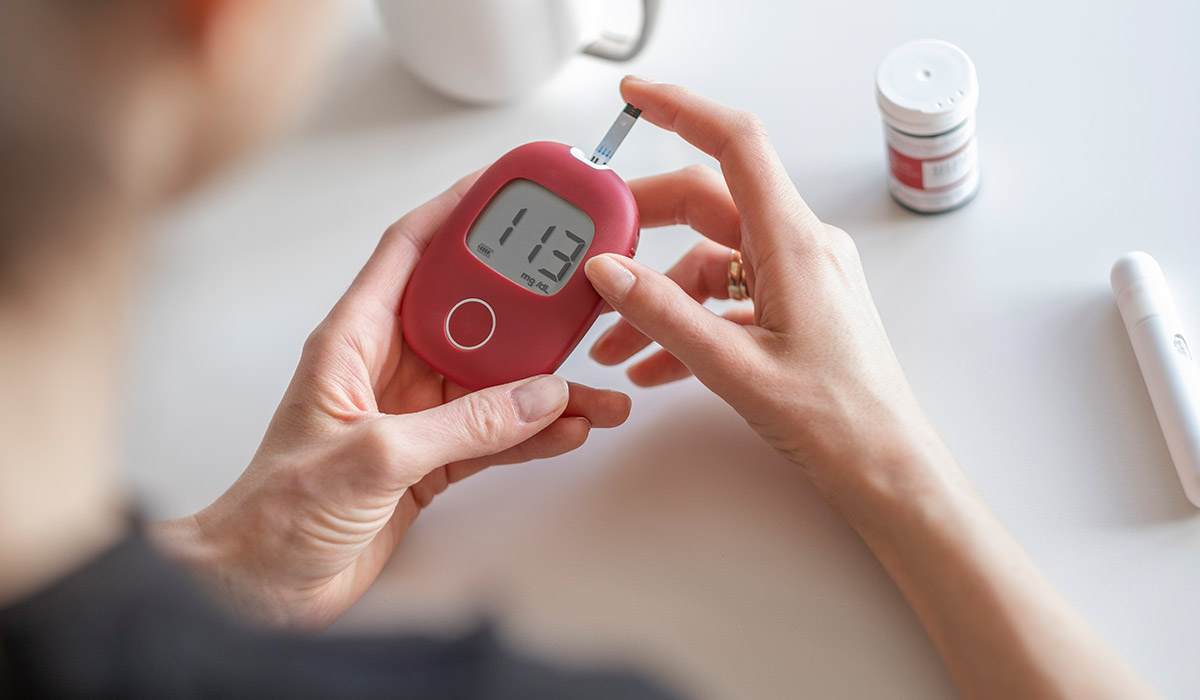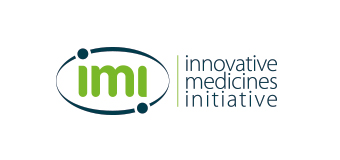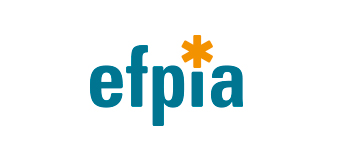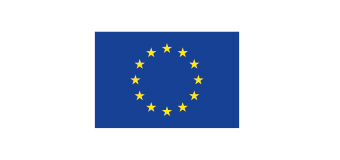Criteria for selection of appropriate trials (D1.2)
Lead contributors: Giorgia De Paoli / Amy Rogers / Isla Mackenzie (University of Dundee)
August 26, 2020

Remote decentralised clinical trial (RDCT) methods are increasingly used to answer clinical research questions. However, it is not always possible to use remote methods in clinical trials. Features of the participant population, intervention, outcomes to be measured or other factors need to be considered so that the most appropriate remote, hybrid or traditional approaches can be used. This document serves as a tool which you may wish to use to help you decide which remote trial methodologies may or may not be appropriate for a particular trial or research question.
RDCTs have features that increase the importance of patient, or participant, engagement e.g. less face-to-face human contact, more participant responsibility, and using unfamiliar technologies. Facilitating and supporting engagement while keeping the focus on participants should be considered at all stages of trial decision making.
The key selection criteria for planning and conducting a remote decentralised clinical trial are described in the diagrams and flow charts to follow. The selection process is presented separately for each basic building block representing the stages of the clinical trial process (Figures 1-7). The selection criteria herein represent the main considerations to help guide the decision in choosing a remote, hybrid, or traditional clinical trial method that is most appropriate for your study. This document is designed to be read in conjunction with D1.1 First set of recommendations (to be implemented in the pan-EU pilot RDCT). The recommendations contain more detailed guidance to facilitate decision making.



This project has received funding from the Innovative Medicines Initiative 2 Joint Undertaking under grant agreement No 831458. This Joint Undertaking receives support from the European Union’s Horizon 2020 research and innovation programme and EFPIA.
Notes for editors – not for publication
If you would like more information, please contact the spokesperson at the UMC Utrecht.
Joris Prinssen: +31 6 2571 0234
press@umcutrecht.nl
